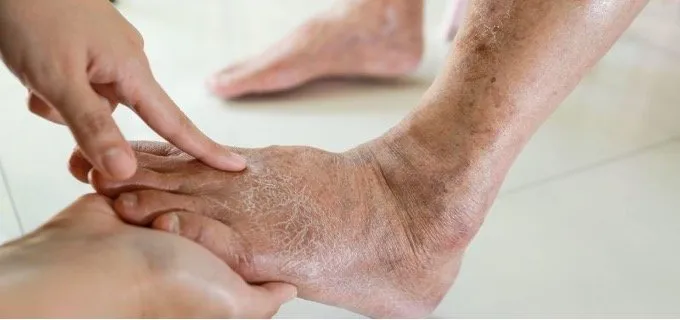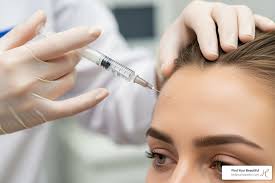
The Importance Of Routine Gynecological Exams For Early Detection
October 1, 2025
Tips for Lifelong Weight Loss Maintenance
October 1, 2025Dermatology is more than just treating acne or cosmetic concerns; it plays a key role in maintaining overall skin health. From persistent rashes to chronic conditions, many skin issues require the expertise of a specialist. Knowing when to seek professional care can make the difference between quick relief and long-term complications. Here’s more information on when and why to see a skin specialist:
What Does a Dermatologist Do?
Dermatology is the branch of medicine focused on diagnosing and treating conditions related to the skin, hair, and nails. A dermatologist is a medical doctor who has undergone extensive training in the field of dermatology. They identify and treat a range of skin conditions, from common issues like acne to serious diseases such as skin cancer.
These dermatology specialists utilize their expertise to deliver medical and cosmetic care. They can prescribe medications, perform minor surgical procedures, and offer various treatments to improve skin health and appearance. Their expertise is key to managing persistent or severe skin conditions that do not respond to over-the-counter products.
When To See a Dermatologist?
Certain symptoms and conditions warrant a visit to a skin specialist. If you experience any of the following, it may be time to schedule an appointment.
- Persistent Acne: If your acne is severe, painful, or does not improve with standard treatments, a dermatologist can offer more effective options.
- Suspicious Moles or Skin Growths: Any mole that changes in size, shape, color, or texture should be examined. Also, new or unusual skin growths need professional evaluation to rule out skin cancer.
- Recurring Rashes or Hives: A persistent rash, itching, or hives may be a sign of an allergic reaction or an underlying condition, such as eczema or psoriasis.
- Scar Treatment: A dermatologist can provide treatments to reduce the appearance of scars from acne, surgery, or injuries.
Seeking timely care from a dermatology specialist makes sure that skin issues are accurately diagnosed and effectively treated, promoting long-term skin health and overall well-being.
Why Does Early Care Matter?
Seeking care from a skin specialist at the first sign of a problem is a key step in managing your skin health. Early diagnosis and treatment can prevent a condition from worsening and may lead to better outcomes. Addressing skin issues promptly can also improve your well-being. Chronic conditions like eczema or psoriasis can cause discomfort and self-consciousness; a dermatologist can provide therapies to manage symptoms and reduce flare-ups. Timely intervention helps you maintain healthier skin and avoid potential complications.
What Happens at an Appointment?
During your first dermatology appointment, the skin specialist will review your medical history and discuss your concerns. Be prepared to discuss your symptoms, any treatments you have tried, and your overall health. The dermatologist will then conduct a thorough examination of your skin.
Depending on your condition, the specialist may recommend diagnostic tests, such as a skin biopsy. They will then develop a personalized treatment plan, which may include prescription creams, oral medications, or in-office procedures. It is helpful to ask questions to make sure you fully understand your diagnosis and treatment options.
Consult a Dermatology Specialist Today
Knowing when to see a dermatology specialist is fundamental for maintaining healthy skin. If you are experiencing persistent acne, suspicious moles, or recurring rashes, a dermatologist can provide an accurate diagnosis and effective treatment. Address your skin concerns by contacting a trusted dermatology specialist near you to schedule a consultation today.





